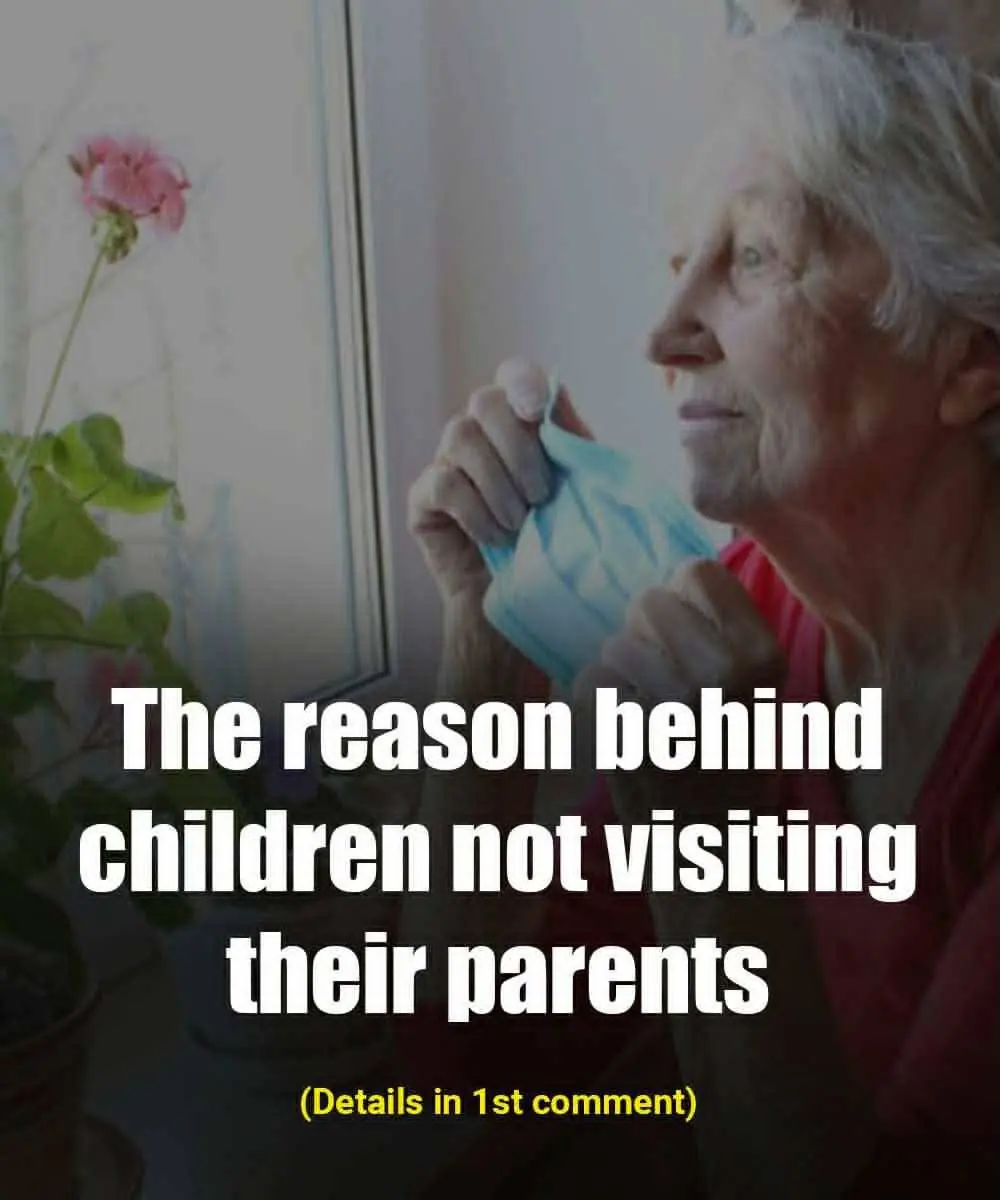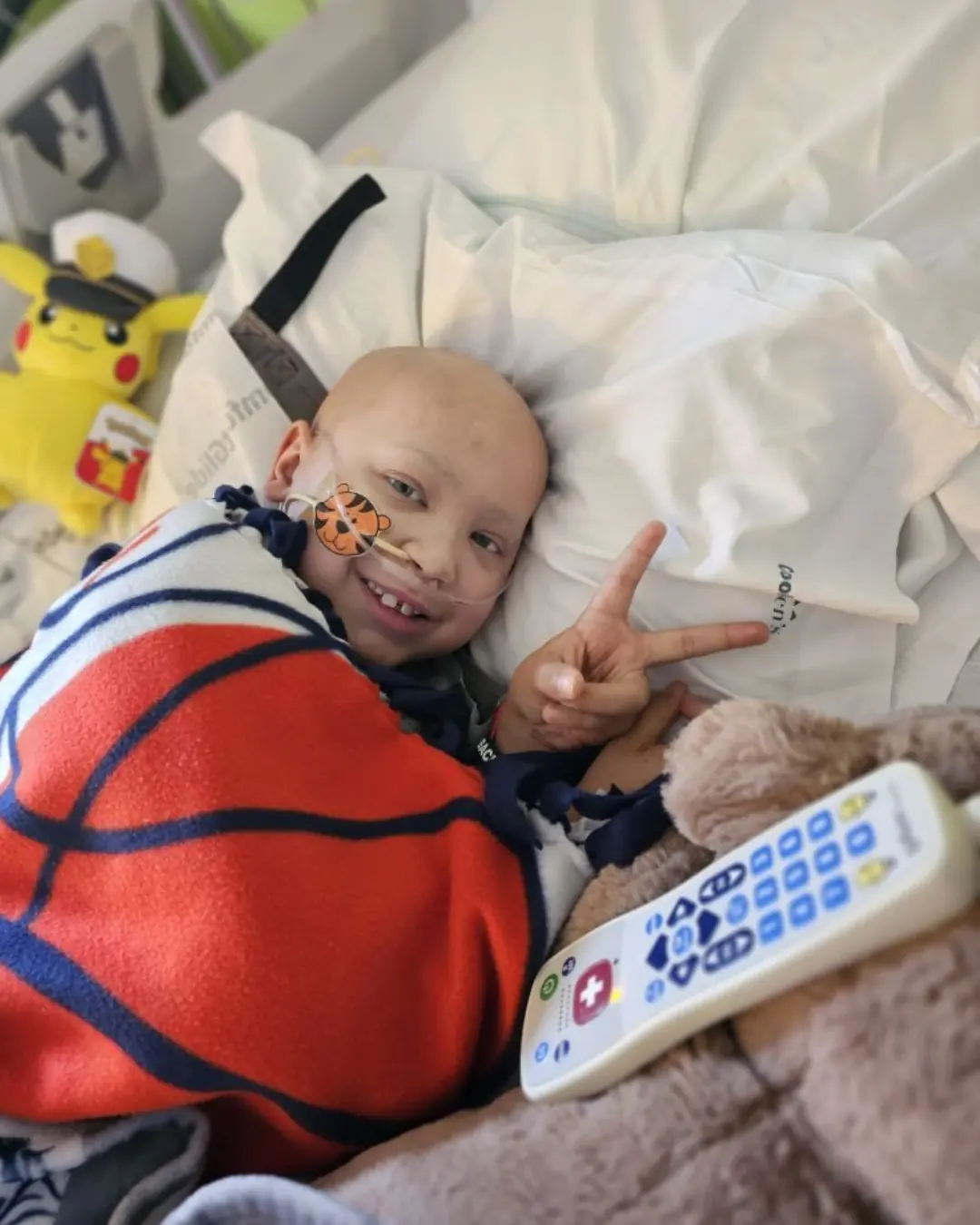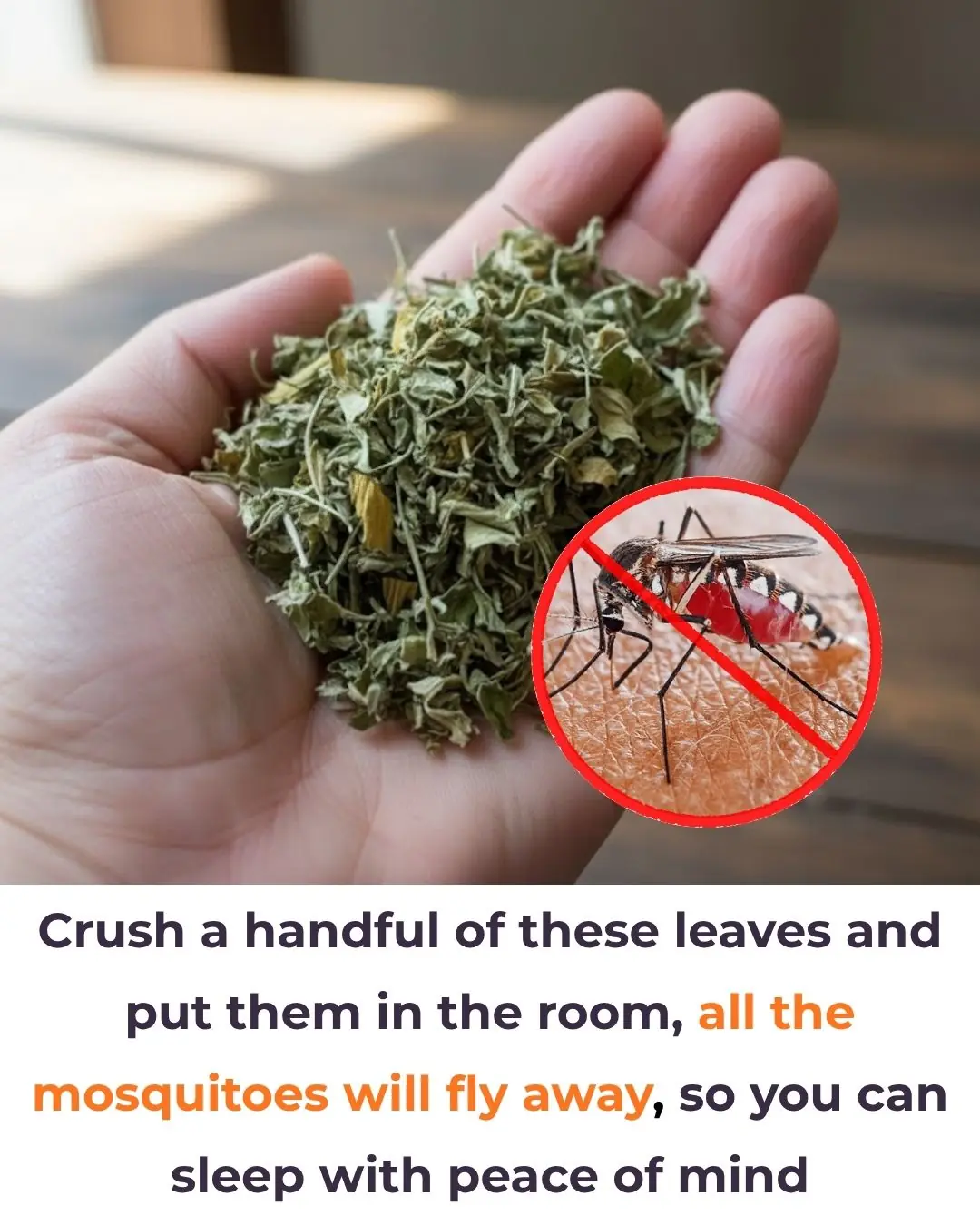
The reason behind children not visiting their parents
Family bonds are among the most powerful and emotional connections we form, yet they’re not always easy to maintain. In many families, parents often find themselves hurt or confused when their adult children rarely call, visit, or show interest in their lives. While this distance can feel cold or painful, it usually has deep emotional roots that go far beyond simple neglect or indifference.
Some children pull away after years of unresolved tension, emotional neglect, or misunderstandings that were never properly addressed. Others step back to protect their mental health or to set long-overdue boundaries. Though the reasons vary—from generational differences and conflicting values to painful past experiences—the result is often the same: sadness, guilt, and confusion on both sides.
This article explores the complex reality behind why some adult children choose distance over connection and what families can do to begin healing these emotional divides.
Changes in Family Dynamics
As children grow older, life circumstances naturally shift. Many start their own families, take on demanding careers, or move far away from home. These changes often leave little time for family gatherings or regular visits. What may begin as a practical issue—such as distance or busy schedules—can slowly evolve into emotional disconnection if not carefully managed.
Parents may perceive fewer visits as rejection, while children may see them as an unavoidable part of adulthood. Both perspectives are valid, but without communication, assumptions can turn small gaps into lasting emotional distance. Recognizing that relationships must evolve with time is the first step toward maintaining closeness in changing family dynamics.
Unresolved Conflicts and Emotional Wounds
Unresolved tension or old emotional wounds between parents and children often play a major role in why visits become rare—or even nonexistent. Issues like favoritism, harsh criticism, or lack of support during key life moments can leave deep marks.
When the past remains unspoken, both sides may continue to carry unhealed pain into every interaction. Honest, respectful conversations—no matter how uncomfortable—can help clear the air and rebuild a more genuine, healthy bond. While easier said than done, addressing the past directly is often the only way to move forward.
Miscommunication and Unclear Expectations
Sometimes, emotional distance stems not from conflict, but from simple miscommunication. Parents may assume their children know they are always welcome, while children might hesitate, unsure of boundaries or expectations. A lack of explicit communication can quietly grow into long-term estrangement.
Small efforts—like clearly expressing affection, setting realistic expectations for visits or calls, and showing appreciation—can make a significant difference. Open, consistent communication helps transform obligation into genuine connection.
The Role of Emotional Support
When parents fail to recognize or validate their children’s emotions growing up, the effects often last well into adulthood. Many adult children carry a lingering sense that their emotional needs were minimized or dismissed, which can lead to resentment and emotional withdrawal.
Even as adults, children still crave understanding and empathy from their parents. When these are missing, they may unconsciously distance themselves to avoid repeating old emotional patterns. Parents who learn to listen without judgment and to respect their children’s boundaries can begin to rebuild trust and closeness over time.
Parental Narcissism and Its Long-Term Effects
Narcissistic parenting—where a parent’s needs consistently come before the child’s—can severely damage the foundation of a healthy relationship. Such parents may struggle to show empathy or admit fault, leaving children feeling unseen and undervalued. As adults, these children often limit contact to preserve their own emotional stability.
For relationships affected by narcissism or similar patterns, empathy and self-awareness are essential. Parents can take the initiative to acknowledge past mistakes and express genuine remorse. Children, in turn, might find support through therapy or guided conversations that help them set healthy boundaries while still allowing space for healing.
Finding the Path Back to Connection
When visits or conversations become rare, both parents and children can respond with empathy rather than blame. Instead of focusing on the frequency of contact, families can prioritize the quality of emotional connection—listening, sharing, and showing understanding even across distances.
Family therapy, open dialogue, or even small gestures of appreciation can help rebuild trust and reestablish warmth. While it’s natural for the parent–child relationship to change as both sides grow older, maintaining emotional connection remains the key to a healthy, enduring bond.
News in the same category


Choose a Potion

The Meaning Behind the WC Toilet Sign

Trump Claims Tariffs Ended Six Wars: The Politics Behind His Latest Foreign Policy Assertion

Scientists Catch Grumpy Cat of the Himalayas on Camera for the First Time

Most people will go their entire lives without ever knowing what the microwave ring cover is actually for

Backlash Grows After Trump’s Dismissive Comment to Female Journalist

Scientists Just Won a Nobel Prize for Discovering How to Stop Your Immune System from Attacking You

What’s the Reason Behind Painting Trees White?

The Purpose of the Overflow Hole in Your Sink You Never Knew

The reason behind children not visiting their parents

Powerball Winner Turns $2 Billion Fortune Toward Rebuilding Fire-Ravaged L.A. Homes

The Astonishing Claim That Humans Might Be Built for 20,000 Years

Signs Your Adult Child May Resent How You Raised Them

What’s the Reason Behind Painting Trees White?

When ants randomly crawl into the house, here's what the Universe is trying to tell you

6 things in the house that reveal a messy woman

What it means to let your gray hair grow and not dye it, according to psychology
News Post

A Hug That Heals: Rescuing a Traumatized Child

Compassion on the Menu: Argentinian Restaurant Gives Stray Dogs a Place to Belong

Stranded on the Highway — and Then 9 Strangers Changed Everything.

A Long Push, A Quiet Kindness.

Top 3 Natural Remedies for Tooth Decay Using Guava Leaves

Life Skills in Action: How a 14-Year-Old Saved the Day on a Family Road Trip

The Gift of Life: How Blood Donations Save Children Fighting Cancer

The Secret to Perfectly Sweet and Fluffy Boiled Sweet Potatoes: Add Just One Spoon of This!

Surviving the ICU: Carter’s Story of Strength and Grace

A Night to Remember: 19-Year-Old Austin Takes His 89-Year-Old Great-Grandma to Prom

How to Store Fresh Ginger for Up to a Year — No Fridge Needed!

Our Oldest Rescue, Tiger, Crosses the Rainbow Bridge: A Legacy of Love and Hope

Halo’s Second Chance — A Promise of Forever

Why should you put your suitcase in the bathroom when checking into a hotel: Extremely important reason, those who don't know are at a disadvantage

The washing machine accumulates a lot of dirt and bacteria: Pour 1 bowl of this into the washing drum to clean like new, clothes smell fresh right away

Put the phone down on the table, why you should put the screen face down: Know the reason no one wants to do the opposite

Comfrey Fertilizer: The Secret Natural Booster Your Garden Needs

Crush a handful of these leaves and put them in the room, all the mosquitoes will fly away, so you can sleep with peace of mind

Don’t Just Put Shrimp Straight into the Fridge! Do This Extra Step and Keep Shrimp Fresh and Delicious for Up to a Month Without Losing Flavor
